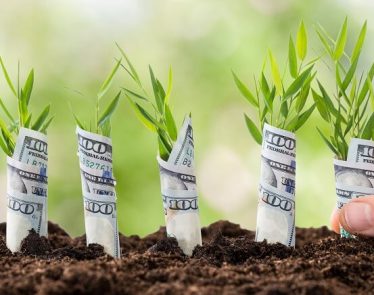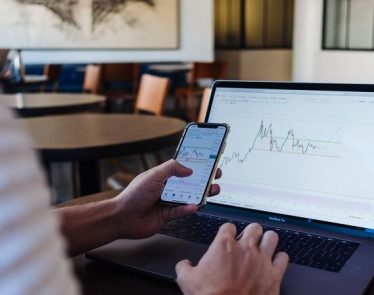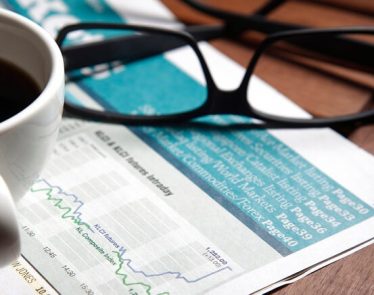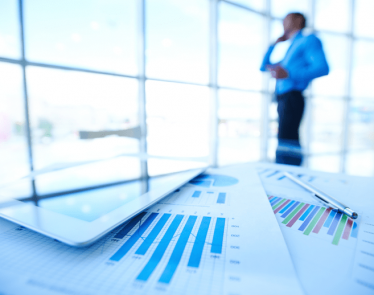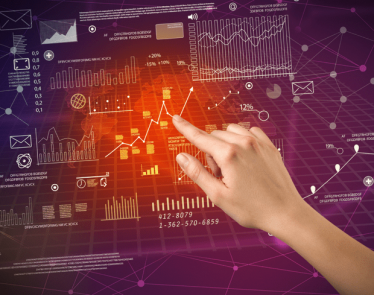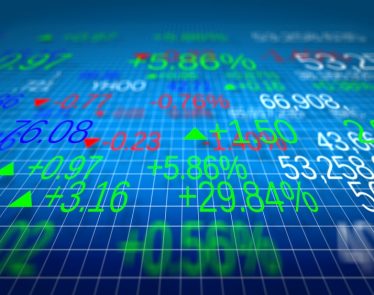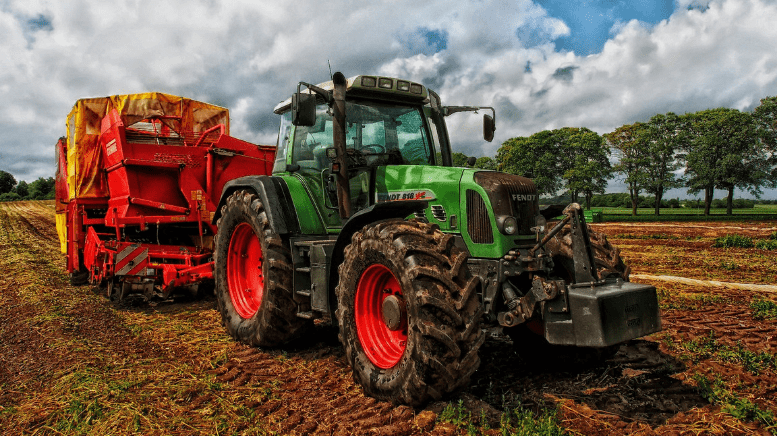
The agriculture industry presents 6.4% of the globe’s entire economic production, and yet, the sector still deals with complicated ecosystems and financial structures. Most people want to know where, how, and who produces the food they consume, but often, these questions go unanswered. Why? Because when food leaves the farm, it becomes part of a large supply chain that features several intermediaries. But blockchain technology might be the solution to this problem, and here’s why.
Blockchain Technology Might be the Answer to Problems Agriculture
Reports by ReportLinker claim that blockchain technology in food supply chains and agriculture is forecasted to hit $429.7 million by the year 2023. And when you consider the benefits of using blockchain technology, this figure makes sense.
The agriculture industry has two main problems; the first is not being able to track food from farm to market. With blockchain technology, however, research has shown that implementing the technology will allow producers and consumers to trace their food from the farm to the grocery store in a matter of seconds.
The second issue again involves tracking food, in addition to issues with paying for the delivery of food. In society today, this process requires a third-party that will coordinate the goods delivery. Those selling products often have an agent, just as buyers do. When you have several agents involved, there are higher costs to the system, making the process much more time-consuming. Blockchain technology doesn’t ask for any of this, however. With blockchain, the process of tracking and paying for food delivery is reduced to a single distributed ledger. Also, when using blockchain instead of multiple agents, companies can save on agent fees, making this a win-win type of situation.
>> Penny Stocks to Watch on Wednesday: OTKL and WKHS
Unpredictable weather conditions are yet another challenge for farmers. The world has a mind of its own, so throughout the year, it’s hard to know what each season will do to crops. Will it rain? Is there going to be a drought? Will the sun be too strong, scorching the crops? With a blockchain solution, individuals don’t have to worry about this. Instead, they can trace weather conditions, monitoring, and predicting, which will lead to better crop survival. When you trace the weather conditions, farmers can ask for and receive insurance claims, a process done through smart contracts.
Long-Term Benefits
There are major problems between financial services and smallholders as these services don’t allow smallholders to invest in farming. With that, it’s hard for buyers to compensate farmers. Blockchain technology, however, can make the agricultural finance process easier by making it more transparent; it can also facilitate shared control accessibility.
The agriculture sector has a long way to go in terms of food quality check, and there’s a drastic need for the industry to build consumer trust. Yet using blockchain technology has a lot of promise, bringing forth the possibility of tracking food from start to finish, in addition to more transparency. Tracking food from farm to market might just be the thing the industry needs to build that trust.
Featured image: PixaBay




